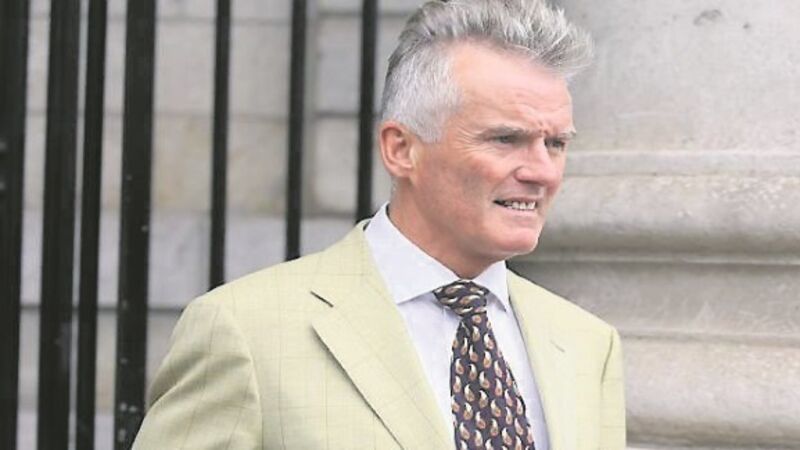Callely will not return to jail

Mr Callely’s solicitors yesterdayconfirmed that his application to the justice minister for enhanced remission had been successful. As a result, he will not have to return to Wheatfield Prison for six days to serve out the remainder of his five-month sentence.
In July, the High Court quashed a refusal by the minister to grant him remission of sentence. His application was then remitted to the Prison Services for re-consideration.













